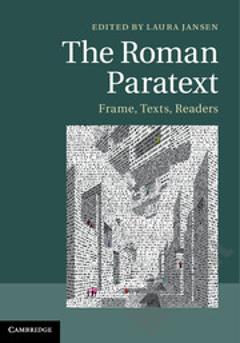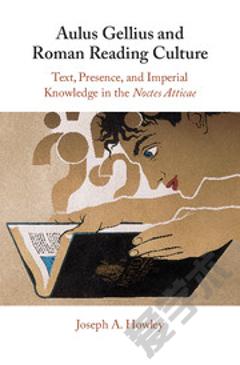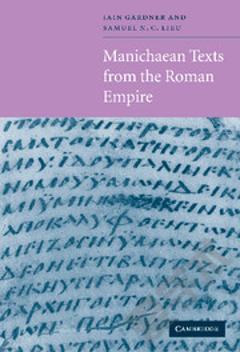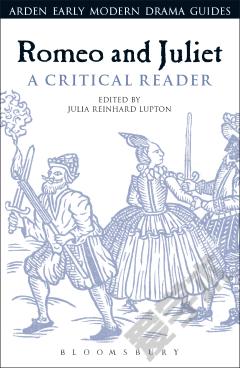The Roman Paratext: Frame, Texts, Readers
What is a paratext, and where can we find it in a Roman text? What kind of space does a paratext occupy, and how does this space relate to the text and its contexts? How do we interpret Roman texts 'paratextually'? And what does this approach suggest about a work's original modes of plotting meaning, or the assumptions that underpin our own interpretation? These questions are central to the conceptual and practical concerns of the volume, which offers a synoptic study of Roman paratextuality and its exegesis within the broad sphere of Roman studies. Its contributions, which span literary, epigraphic and visual culture, focus on a wide variety of paratextual features - e.g. titles and inter-titles, prefaces, indices, inscriptions, closing statements, decorative and formalistic details - and other paratextual phenomena, such as the frames that can be plotted at various intersections of a text's formal organization.
{{comment.content}}








 京公网安备 11010802027623号
京公网安备 11010802027623号